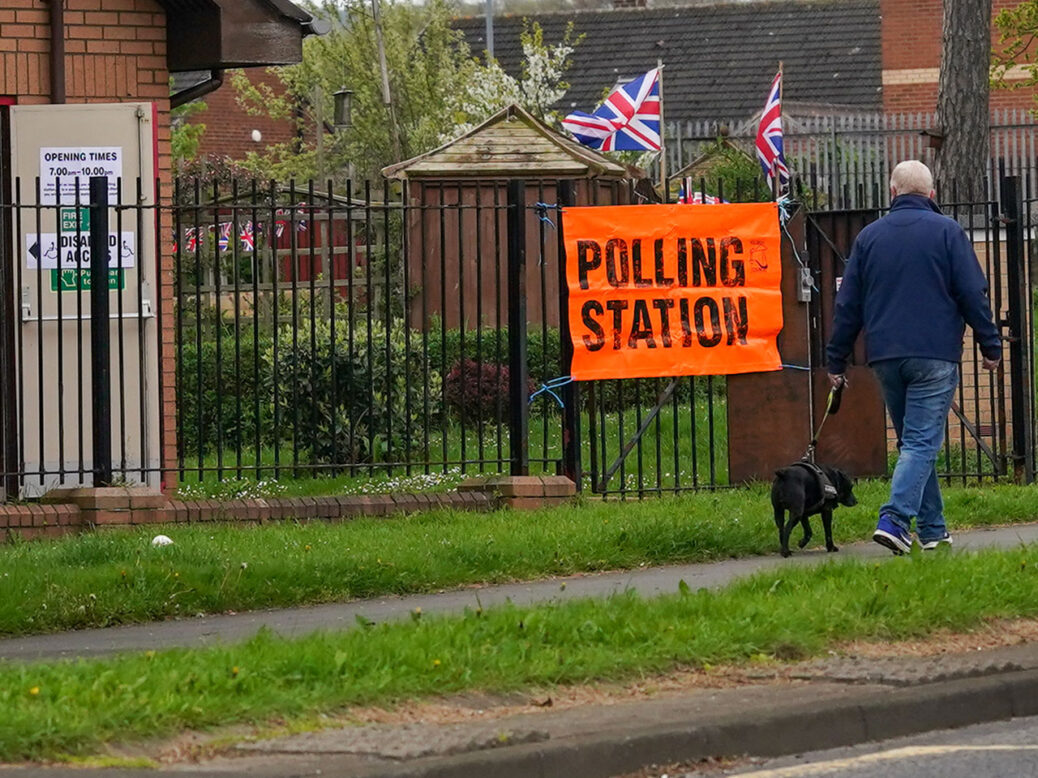
Last December, today’s local elections were being viewed as a potential fuse for a revolt against Rishi Sunak. That’s no longer on the cards. The PM’s grip on the parliamentary party has tightened as Tory MPs have realised that this close to a general election, Sunak is their best bet to hold onto their seats.
The fact remains, however, that the local elections will be judged through the prism of Westminster. Whether that depresses you or not – given how important local government is in its own right – it’s the reality of a political system where most of the power is handed out every five years or so, and the political media revolves around Westminster. (For why that should change, read this post from John Oxley).
Before the media coverage of the data-id=”https://www.newstatesman.com/long-reads/2023/05/lies-beneath-crown-royal-family-history-britain-romania-traditionalism” data-type=”URL” href=”https://www.newstatesman.com/long-reads/2023/05/lies-beneath-crown-royal-family-history-britain-romania-traditionalism” rel=”noreferrer noopener” target=”_blank”>coronation takes over, watch out for how the narrative develops. Narratives are important. It’s why both parties have spent months underplaying the number of seats they’ll win. In the US, they say during the presidential campaign: “please welcome the next president of the United States”. In the UK, Greg Hands spends weeks telling everyone that his party will lose hundreds of seats.
The narrative will largely depend on the national equivalent vote and the projected vote share, which will try to predict the votes as if they occurred nationally. As Ben pointed out in a recent podcast, the national equivalent vote is not a perfect measure. Regardless, the media and the politicians won’t be able to resist thinking in terms of what today’s results mean for who will be in No 10 by the end of next year. The overarching question will be whether Labour’s lead is as strong as the polls suggest.
With that in mind, what should we look out for? Labour need to do well in areas that turned away from the party in 2019, such as Middlesborough, and Hartlepool, where it lost a by-election in 2021, as well as in new towns such as Stevenage. The Liberal Democrats are feeling confident. The party needs to continue its march through affluent areas in the south to challenge the Tory heartlands. Watch out for whether it makes progress in Tory-held Windsor and Maidenhead, which should declare in the early hours, and Dacorum where the party launched its campaign.
See you on the other side.
[See also: Why Rishi Sunak wants to delay Sue Gray’s job with Labour for as long as possible]






